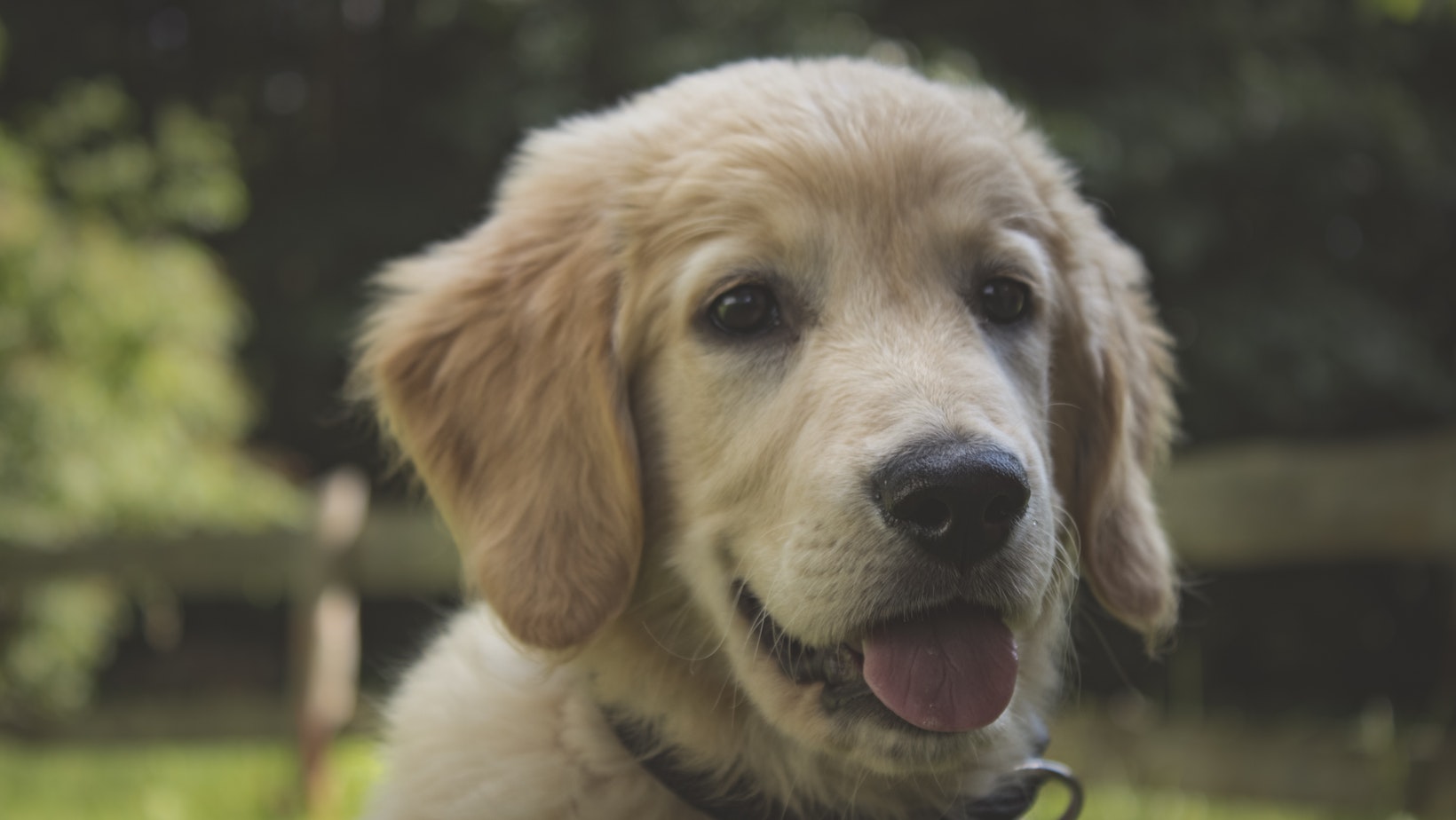How To Stop A Dog From Chewing
If you’re struggling with a Labrador who loves to chew everything in sight, don’t worry – there are effective ways to stop this behavior. In this article, I’ll share some practical tips on how to prevent your dog from chewing and help save your furniture, shoes, and other household items from destruction.
Firstly, it’s important to understand that chewing is a natural behavior for dogs, especially Labradors who have a strong instinct to explore the world with their mouths. To redirect their chewing habits, provide them with appropriate chew toys and bones specifically designed for dogs. Make sure these toys are durable and enticing enough to keep their attention away from your belongings.
Secondly, consistency is key when training your Labrador not to chew. Supervise them closely when they’re indoors and correct any inappropriate chewing behavior immediately. Use positive reinforcement by praising and rewarding them whenever they choose the appropriate chew toy instead of an off-limits item.
Lastly, consider addressing any underlying issues that may contribute to excessive chewing. Boredom or anxiety can often lead dogs to seek comfort in destructive behaviors. Ensure that your Labrador is receiving enough physical exercise and mental stimulation through daily walks, playtime, and interactive toys.
Understanding The Reasons Behind Dog Chewing
When it comes to dealing with a dog’s chewing behavior, it’s essential to understand the reasons behind it. Dogs chew for various reasons, and identifying the underlying cause can help us address the issue effectively. Here are some common reasons why dogs, including Labradors, engage in destructive chewing:
- Teething: Just like human babies, puppies go through a teething phase where they experience discomfort and itchiness in their gums. Chewing helps alleviate these symptoms by providing relief and helping new teeth break through.
- Boredom or excess energy: Dogs that don’t receive enough mental stimulation or physical exercise may resort to chewing as a way to alleviate boredom or burn off excess energy. This is especially true for high-energy breeds like Labradors. Ensuring regular exercise and engaging your dog in interactive play can help channel their energy into more constructive activities.
- Separation anxiety: Dogs with separation anxiety often exhibit destructive behaviors such as excessive chewing when left alone. They use chewing as a coping mechanism for stress and loneliness..
- Dental issues: Sometimes, dogs may chew excessively due to dental problems such as tooth decay, gum inflammation, or abscesses causing pain or discomfort in their mouths.
It’s important to remember that each dog is unique, so understanding the specific reasons behind their chewing behavior is essential for effective training and management. By addressing the root cause, providing appropriate chew toys, and implementing consistent training techniques, you can help redirect your Labrador’s chewing habits towards more suitable outlets.

Using Deterrents To Discourage Chewing Behavior
When it comes to dealing with a dog’s chewing habit, using deterrents can be an effective strategy. These deterrents are designed to make objects less appealing and discourage your furry friend from sinking their teeth into things they shouldn’t. Here are some methods you can try:
- Bitter Sprays: One popular option is using bitter sprays that have a strong, unpleasant taste. These sprays are safe for dogs but leave behind a bitter residue that discourages them from chewing on items like furniture or shoes. Simply spray the deterrent on the objects you want to protect, and your pup should quickly learn to steer clear.
- Chew Toys: Providing appropriate chew toys for your dog is crucial in redirecting their chewing behavior. Opt for sturdy toys specifically designed for heavy chewers, like Labradors. Look for toys made of durable materials such as rubber or nylon that can withstand the force of their powerful jaws.
- Anti-Chew Sprays: Another option is anti-chew sprays that are specifically formulated to deter dogs from chewing on certain surfaces or objects. These sprays typically have a strong scent and taste that repels dogs, making them think twice before gnawing away at household items.
Remember, consistency is key when using deterrents. Reinforce positive behavior by rewarding your dog for chewing on their designated toys and redirecting them whenever they show interest in inappropriate items. With patience and perseverance, you can help your Labrador break the habit of destructive chewing and create a safer environment for both your furry friend and your belongings.